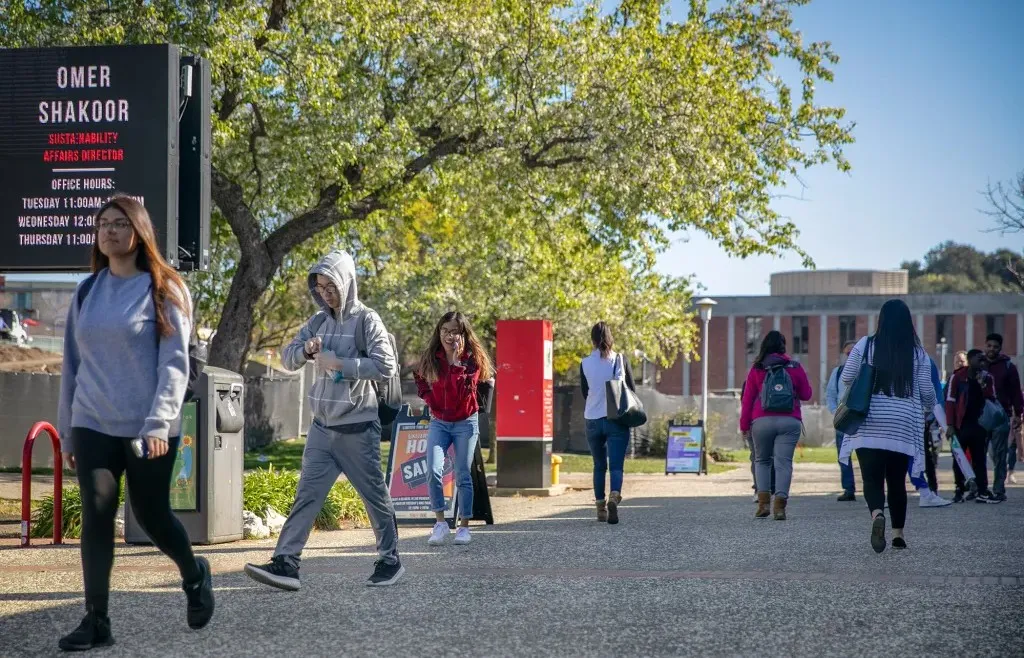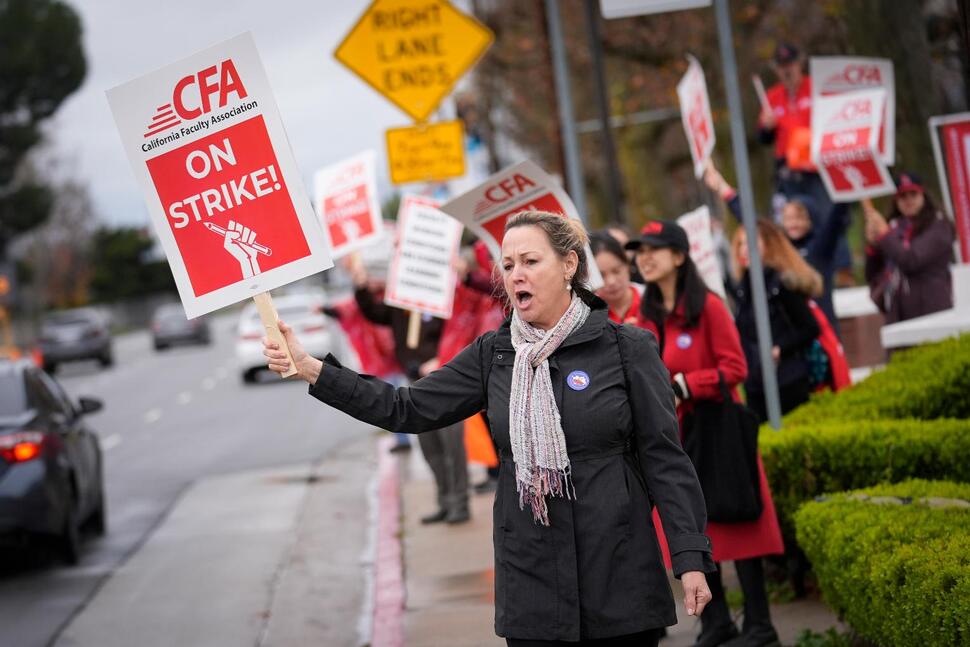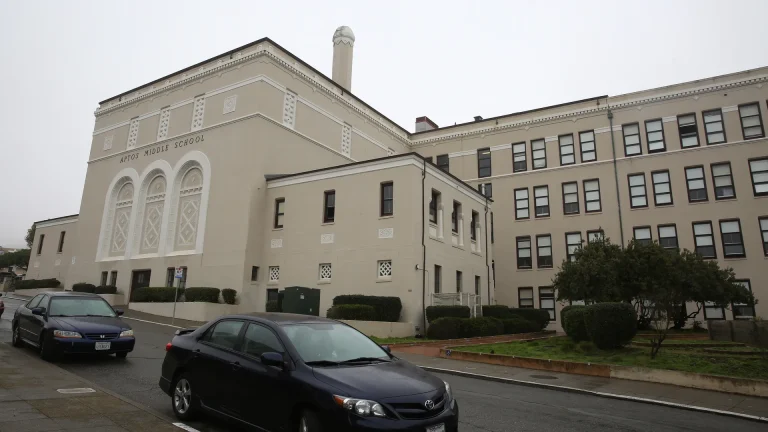In a striking development, faculty members across all 23 campuses of California State University, including Fresno State, are poised to embark on a five-day strike starting tomorrow. The deadlock in negotiations between the CSU and the California Faculty Association has led to this unprecedented move, as both parties failed to reach a consensus on a new contract.
The primary sticking points in the negotiations revolve around the union’s demands, which include a substantial 12-percent pay raise, an increase in counseling staff for students, and an extension of parental leave benefits. On the other side of the table, the CSU has offered a 5-percent salary increase, asserting that the CFA’s proposal would incur a staggering $380 million annually, a financial burden deemed unsustainable by the university.
As the clock ticks down to the strike deadline at 8 a.m. tomorrow, the prospect of a system-wide faculty strike looms large. If no agreement is reached, it will mark the first instance of such a widespread disruption in the history of the California State University system.
Adding a twist to the unfolding scenario, on Friday night, CSU announced a three-year contract agreement with Teamsters Local 2010. However, this agreement remains contingent on ratification by the union membership and approval by the CSU Board of Trustees, injecting an element of uncertainty into the broader labor landscape.
In the wake of this impending strike, students have been advised to reach out to their professors to ascertain whether classes will be canceled, even though campuses are expected to remain open. The strike raises concerns not only about the immediate impact on students’ education but also about the broader implications for the relationship between faculty and administration within the CSU system.

Read more:
- Hochul sidesteps ‘Under the Hood’ test amid school bus driver shortfall
- School Experts Unhappy with Hochul’s Budget Plan, According to Education Insider
- Recent Legal Measure Confronts Shortfall Impacting Kids Across New York
- Jail-Term Appeal for Animal Activist in California Supported by Denver Law School Unit
The impasse in negotiations reflects deeper tensions regarding budget constraints and divergent views on how to allocate resources. The union’s call for a substantial pay raise and increased support services for students underscores a broader nationwide conversation about fair compensation for educators and the crucial role of mental health resources in academic environments.
The CSU’s counteroffer, citing the financial impracticality of the union’s proposal, highlights the challenging economic landscape faced by educational institutions, particularly in the aftermath of global uncertainties. The clash between these positions symbolizes the ongoing struggle to balance fiscal responsibility with the imperative to provide competitive compensation and comprehensive support services.
As the strike unfolds, attention will undoubtedly be focused on the potential ripple effects and the extent to which it resonates beyond the bargaining table. The willingness of faculty members to take such a bold step underscores the gravity of their concerns and the urgency they attach to addressing issues that extend beyond mere monetary compensation.
In the broader context of labor relations, this strike also serves as a reminder of the complexities inherent in negotiating fair and sustainable agreements between academic institutions and their faculty. The outcomes of these negotiations have far-reaching implications, shaping the dynamics of the educational landscape and influencing the experiences of both educators and students.
The next few days will be crucial in determining whether a resolution can be achieved before the scheduled conclusion of the five-day strike. The eyes of the academic community, students, and the general public will be fixed on the unfolding events as the California State University system grapples with the unprecedented challenge of a system-wide faculty strike.















+ There are no comments
Add yours